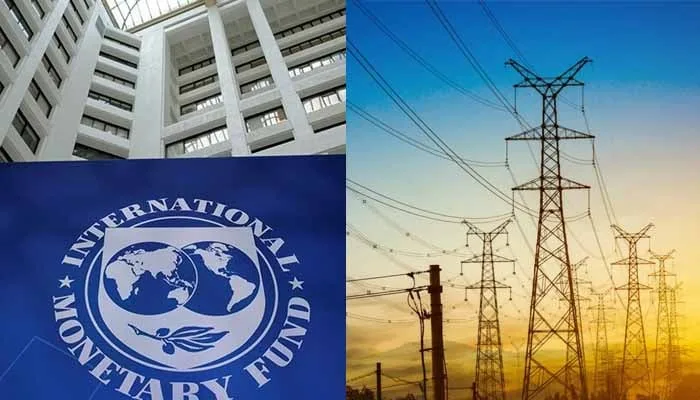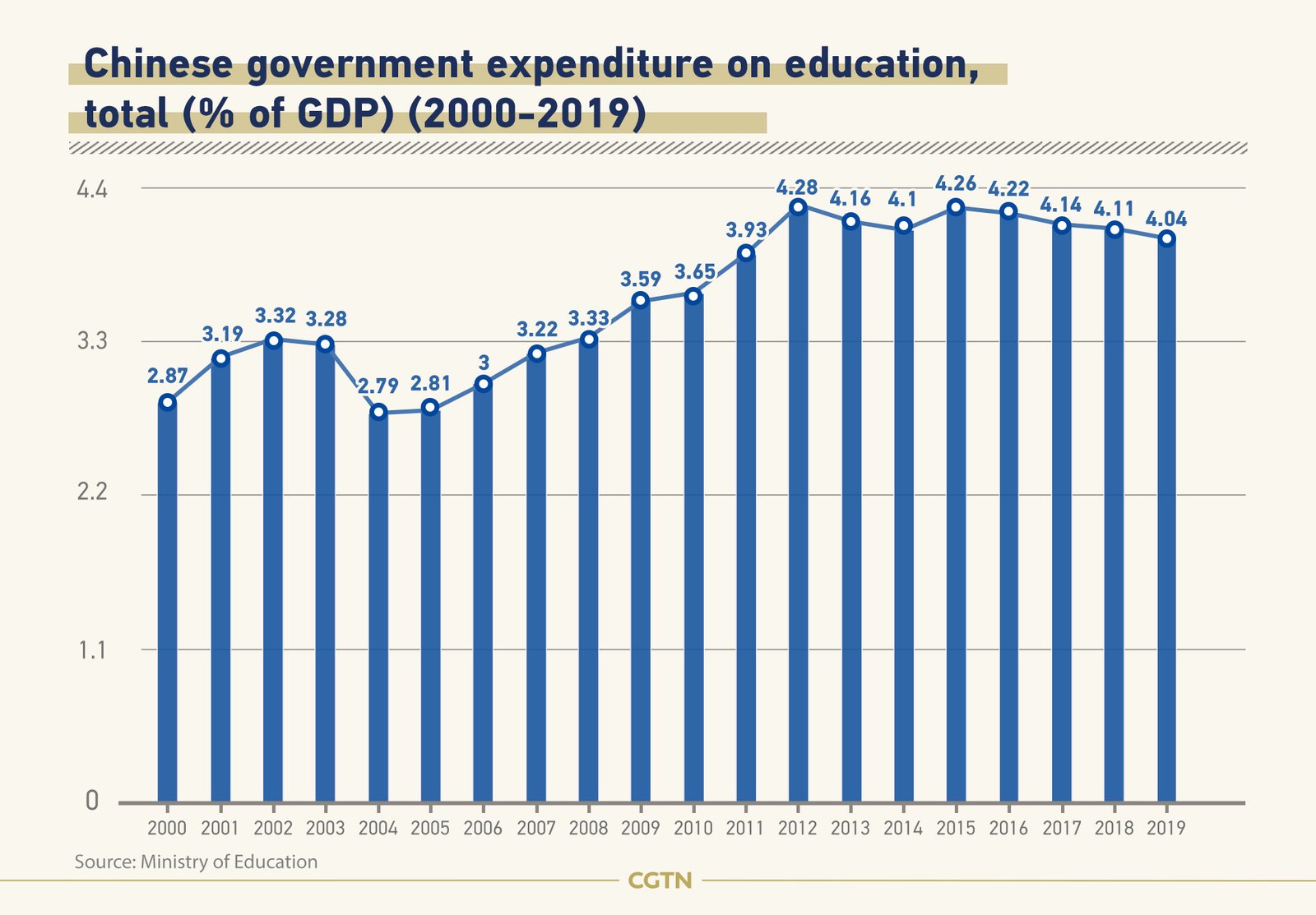The International Monetary Fund (IMF) has issued a warning to Pakistan regarding potential challenges in achieving economic stability and debt sustainability. The IMF’s concerns arise from proposed policy adjustments and external financing constraints, which could impact the country’s economic trajectory.
One of the primary concerns highlighted by the IMF is the proposal to phase out sales and income tax concessions and exemptions. While this measure aims to enhance revenue collection and streamline the tax system, it could potentially lead to exchange rate pressures and jeopardize the path to debt sustainability. Additionally, the IMF has recommended an increase in basic electricity rates to align them with the cost of electricity bills, citing the need to address downside risks.
Despite assurances from the new government to continue policies outlined in the Standby Arrangement (SBA), political uncertainty remains a significant factor. Social tensions, reflected by a complex political landscape and poor living standards, pose challenges to policy implementation and reform efforts.
To address these concerns, a five-member IMF team has arrived in Islamabad for negotiations. The IMF mission chief, Nathan Porter, is expected to join the team to discuss various economic issues and policy adjustments. However, the IMF has emphasized the need for timely notification of base electricity pricing for fiscal year 2025 to mitigate further circular debt flow.
Furthermore, the IMF has called for comprehensive reforms, including compensation reforms in the agricultural sector and efforts to address revenue collection challenges. Despite progress in implementing a track and trace system in sectors such as sugar, fertilizer, and cement, additional measures are needed to curb informal production and imports.
The IMF report underscores the importance of continued policy adjustments and support from lenders beyond the current program. Pakistan’s high domestic and external debt levels, coupled with structural weaknesses in productivity and investment, necessitate sustained efforts to restore medium-term sustainability and promote inclusive growth.
In response to fiscal challenges, Pakistani authorities have outlined measures to achieve fiscal targets, including cuts to the federal development program and efforts to rein in unnecessary expenditures. Provinces have also expressed commitment to achieving budget surpluses, particularly in curbing current development expenditure.
while Pakistan has made progress in implementing policy adjustments and stabilizing its economy, the road ahead remains challenging. Continued cooperation with international lenders, along with sustained efforts to address structural weaknesses and promote fiscal discipline, will be essential to navigate these challenges and pave the way for economic recovery and growth.



